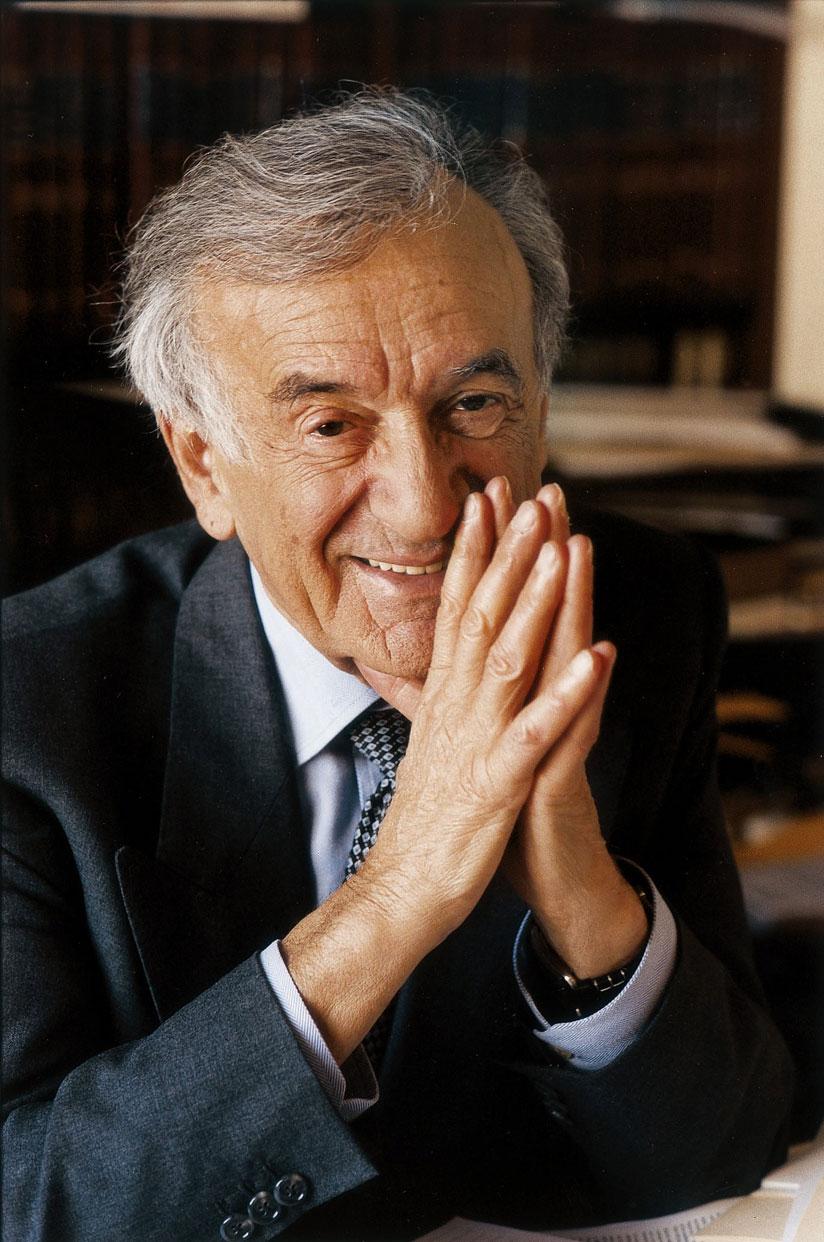President Paul Kagame has paid tribute to Elie Wiesel, a Holocaust survivor and Nobel Peace Prize laureate, who died on Saturday. Wiesel, who passed on at the age of 87, was a Romanian-born American Jewish writer, professor, political activist, Holocaust survivor, and Nobel Laureate.


President Paul Kagame has paid tribute to Elie Wiesel, a Holocaust survivor and Nobel Peace Prize laureate, who died on Saturday.
Wiesel, who passed on at the age of 87, was a Romanian-born American Jewish writer, professor, political activist, Holocaust survivor, and Nobel Laureate.
He was renown author of over 50 books, written mostly in French and English, including the one titled "Night”, a work based on his experiences as a prisoner in the Auschwitz and Buchenwald concentration camps.
Kagame, through his twitter handle, said that Wiesel did not only survive being slain while in the Auschwitz and Buchenwald concentration camps—but lived to impact people with the "right mind.”
"Elie Wiesel: He survived and lived not in vain! People with the right mind and values learned a lot from what he offered. Rest well in peace!” Kagame wrote his condolences on Twitter.
Along with writing, Wiesel was professor of the humanities at Boston University, which created the Elie Wiesel Centre for Jewish Studies in his honour.
Wiesel was awarded the Nobel Peace Prize in 1986, at which time the Norwegian Nobel Committee called him a "messenger to mankind,” stating that through his struggle to come to terms with "his own personal experience of total humiliation and of the utter contempt for humanity shown in Hitler’s death camps”, as well as his "practical work in the cause of peace”, Wiesel had delivered a message "of peace, atonement and human dignity” to humanity.
Israeli Prime Minister Benjamin Netanyahu said in a statement that Wiesel "gave expression to the victory of the human spirit over cruelty and evil.”
Wiesel was 15 when the German Nazis forced the Jewish community to the Auschwitz-Birkenau concentration camp in nearby Poland. His mother and younger sister died at the camp, but his two older sisters survived.
His father died shortly before the concentration camp was liberated in April 1945.
After World War II ended, Wiesel studied in Paris and later became a journalist.
He received more than 100 honorary degrees from institutions of higher learning and numerous awards, according to a biography on his foundation’s web site.
editorial@newtimes.co.rw


